Fishing in the Smokies: An Angler’s Paradise
The Smoky Mountains are not just a haven for hikers and nature enthusiasts; they also offer a paradise for anglers. The focus keyword phrase “Fishing in the Smokies” opens the door to a world of angling bliss, where pristine mountain streams, rivers, and lakes are teeming with fish waiting to be caught. Whether you’re a seasoned angler looking for a new challenge or a beginner eager to learn the art of fishing, the Smoky Mountains provide the perfect backdrop for your fishing adventures.
The allure of fishing in the Smokies lies in its diverse aquatic habitats and the presence of a variety of fish species, with trout being one of the most sought-after catches. The clean, cold waters of the Smokies provide an ideal environment for trout, making it a prime destination for fly fishing and spin casting. Additionally, the region’s commitment to conservation ensures the sustainability of its fish populations, making it a responsible and ethical destination for anglers.
Best Times to Cast Your Line
Timing is crucial when it comes to fishing in the Smoky Mountains. The seasons play a significant role in determining the best times to pursue specific fish species. Understanding the various fishing seasons can enhance your chances of success. Here’s a brief overview:
- Spring: Spring is an excellent time for trout fishing in the Smokies. As the weather warms up, trout become more active, making them more receptive to bait and lures. March through May is prime trout season.
- Summer: While summer can be a bit warmer for fishing, mornings and evenings are still productive times to catch trout. In higher elevations, you can find cooler waters for trout fishing even during the hottest months.
- Fall: Fall is a favorite season for many anglers in the Smokies. As temperatures begin to drop, trout become more active and aggressive, making them easier to catch. October and November are peak months for fall trout fishing.
- Winter: Winter fishing in the Smokies is challenging but rewarding. Coldwater species like trout remain active, and you can enjoy a quieter fishing experience. Dressing warmly and using appropriate gear is essential during the colder months.
Prime Fishing Spots: Exploring the Smoky Mountain Waters
The Smoky Mountains are home to a network of pristine streams, rivers, and lakes that offer exceptional fishing opportunities. Here are some of the prime fishing spots you can explore:
- Little River: Known for its scenic beauty and abundant trout population, the Little River is a favorite among fly anglers. The Middle Prong and West Prong of the Little River are particularly popular for fishing.
- Oconaluftee River: This river offers a mix of brown and rainbow trout, providing diverse angling experiences. The Oconaluftee River provides both wade and float fishing opportunities.
- Hazel Creek: Accessible by boat or a long hike, Hazel Creek offers remote fishing experiences and the chance to catch both rainbow and brown trout.
- Abrams Creek: Abrams Creek is home to rainbow trout and is accessible via a beautiful trail. It’s an excellent spot for both beginners and experienced anglers.
- Fontana Lake: If you prefer lake fishing, Fontana Lake provides opportunities for bass and walleye fishing. It’s a picturesque location with stunning mountain views.
Techniques for Success: Mastering the Art of Angling
Fishing in the Smoky Mountains requires a combination of skill and knowledge to be successful. Whether you’re fly fishing in a clear mountain stream or casting your line into a tranquil lake, mastering various fishing techniques is essential. Here are some tips to improve your angling skills:
- Fly Fishing: Fly fishing is a popular method in the Smokies. Learning to cast accurately and mimic the insects that trout feed on is crucial for success. Practice your fly-tying skills and experiment with different fly patterns to match the hatch.
- Spin Casting: Spin casting is another effective technique for catching trout. Using lures or bait, you can target trout in both streams and lakes. Pay attention to your casting accuracy and retrieve techniques.
- Bait Fishing: Using natural baits like worms or insects can be highly effective for trout fishing. Adjust your bait size and presentation to match the conditions and preferences of the fish.
- Catch and Release: Practice catch and release to help preserve the fish populations in the Smokies. Handle fish with care, use barbless hooks, and follow local fishing regulations.
Essential Gear and Preparations
Before embarking on your fishing adventure in the Smoky Mountains, it’s crucial to have the right gear and make necessary preparations:
- Fishing License: Ensure you have a valid fishing license for the state of Tennessee or North Carolina, depending on where you plan to fish.
- Fishing Equipment: Pack the appropriate fishing gear, including rods, reels, lines, and tackle boxes. Make sure your equipment is well-maintained and suitable for the type of fishing you’ll be doing.
- Waders: If you plan to wade in streams, consider investing in quality waders and wading boots for comfort and safety.
- Maps and Guides: Carry maps and guides of the area to help you navigate fishing locations and access points.
- Weather Preparedness: Be prepared for changing weather conditions, especially in higher elevations. Dress in layers and bring rain gear if necessary.
Beyond Fishing: Exploring the Smoky Mountains
While fishing in the Smoky Mountains is a rewarding pursuit on its own, the region offers an array of activities and attractions for anglers and their families. After a day of fishing, consider exploring the national park’s hiking trails, wildlife viewing opportunities, and scenic drives. Nearby towns like Gatlinburg and Pigeon Forge provide additional entertainment options, including dining, shopping, and cultural experiences.
In conclusion, fishing in the Smoky Mountains is a dream come true for anglers seeking natural beauty and abundant fish populations. Whether you’re drawn to the thrill of catching trout in clear mountain streams or prefer the tranquility of a lakeside fishing experience, the Smoky Mountains offer it all. With the right techniques, gear, and preparations, you can make the most of your angling adventure in this stunning natural paradise.
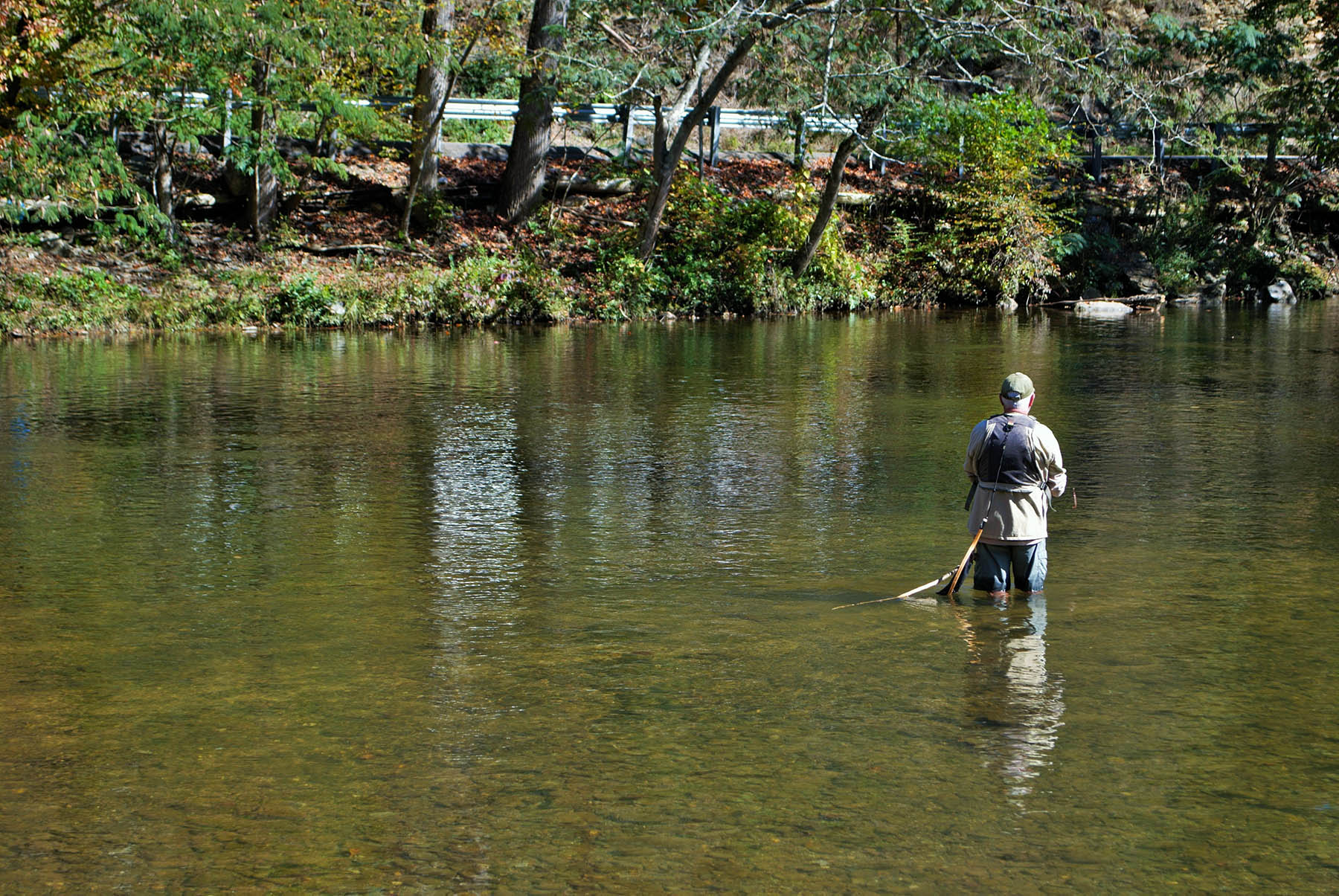


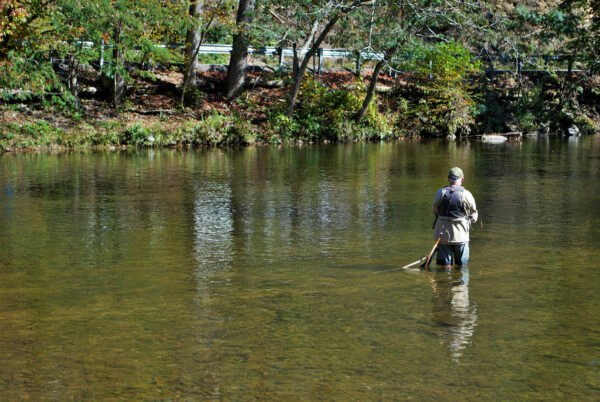
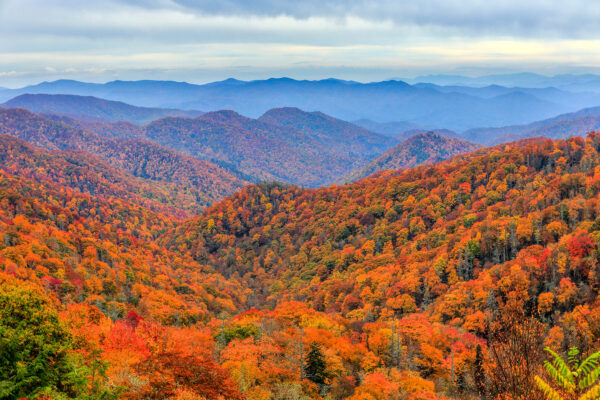



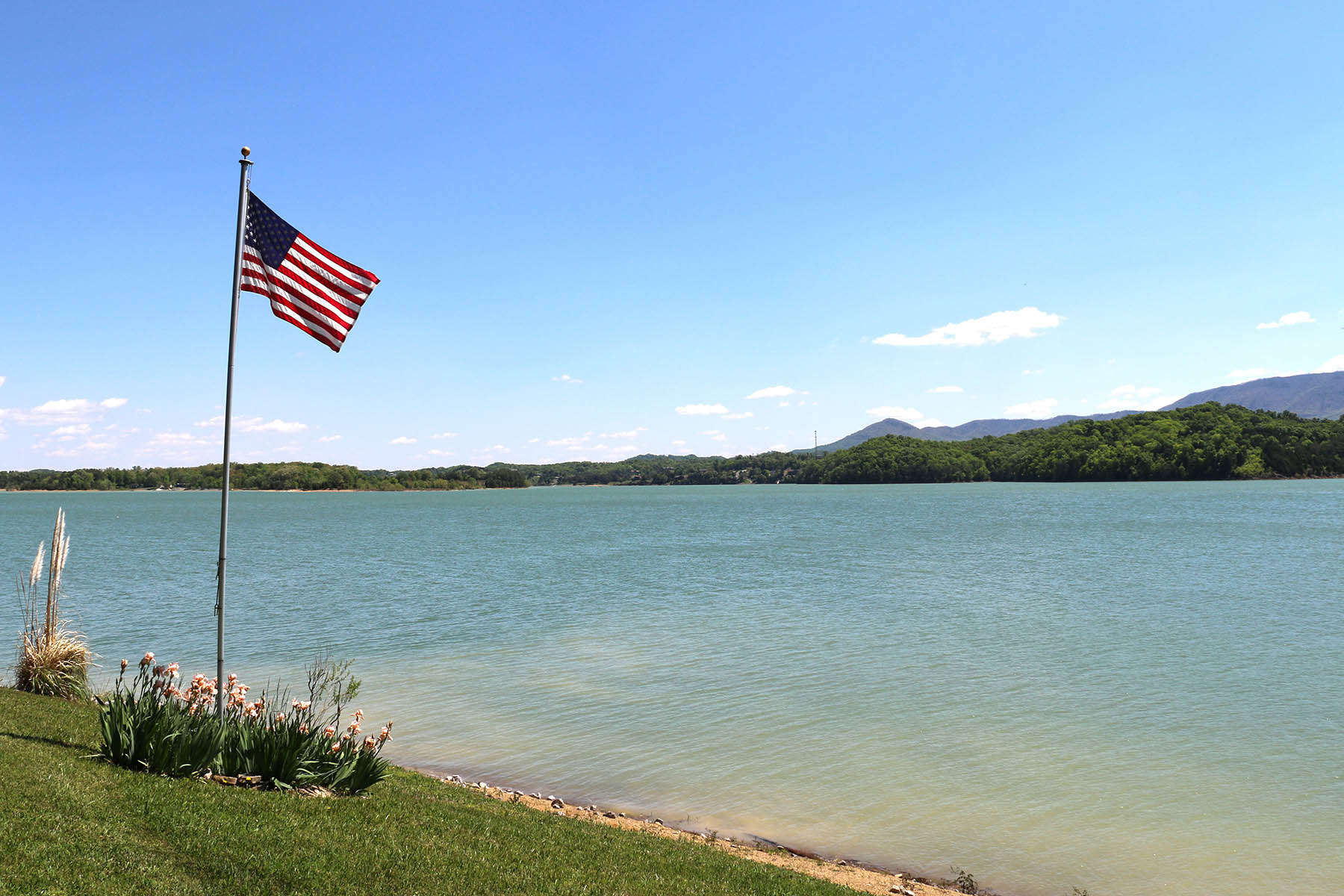



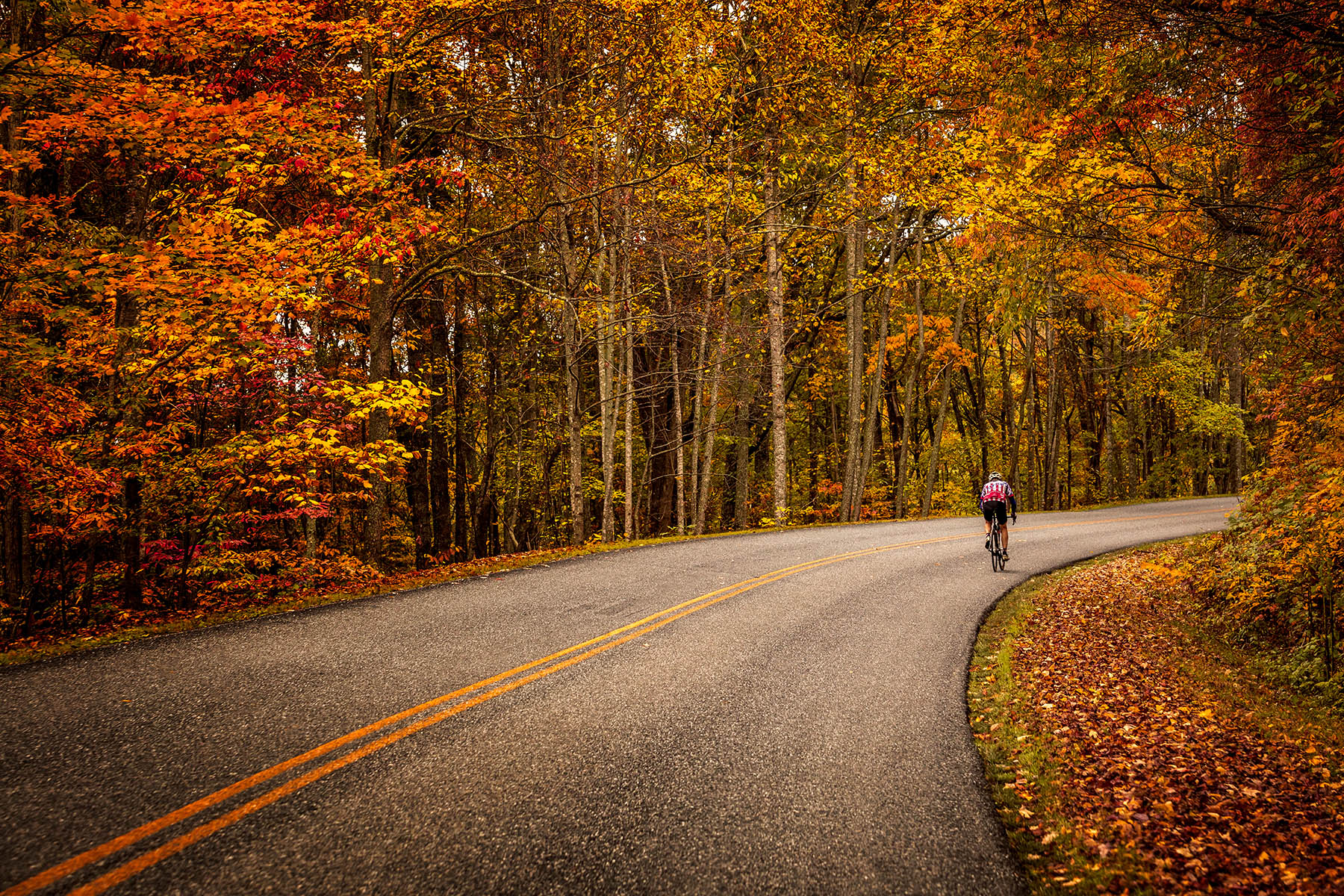

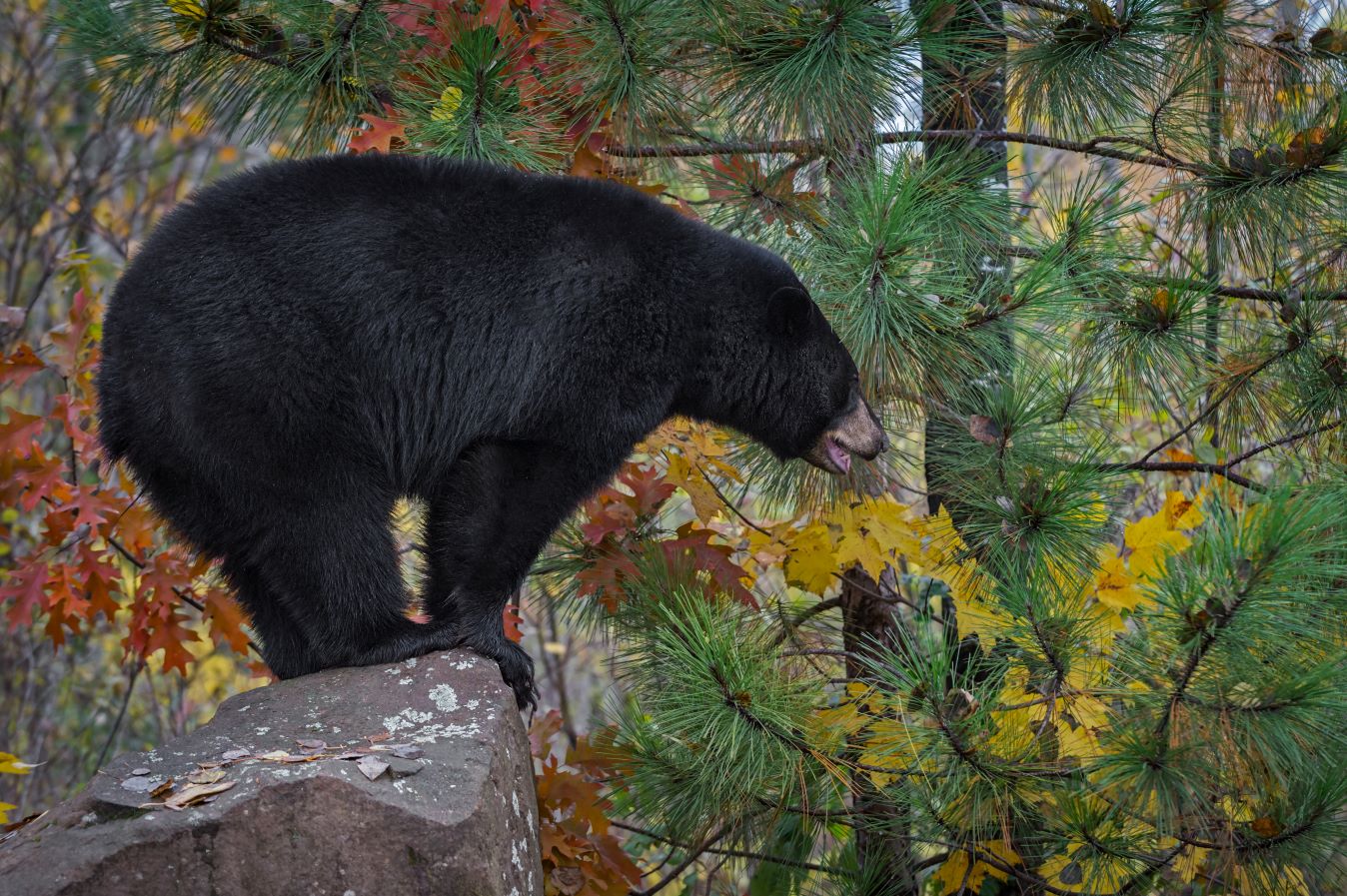
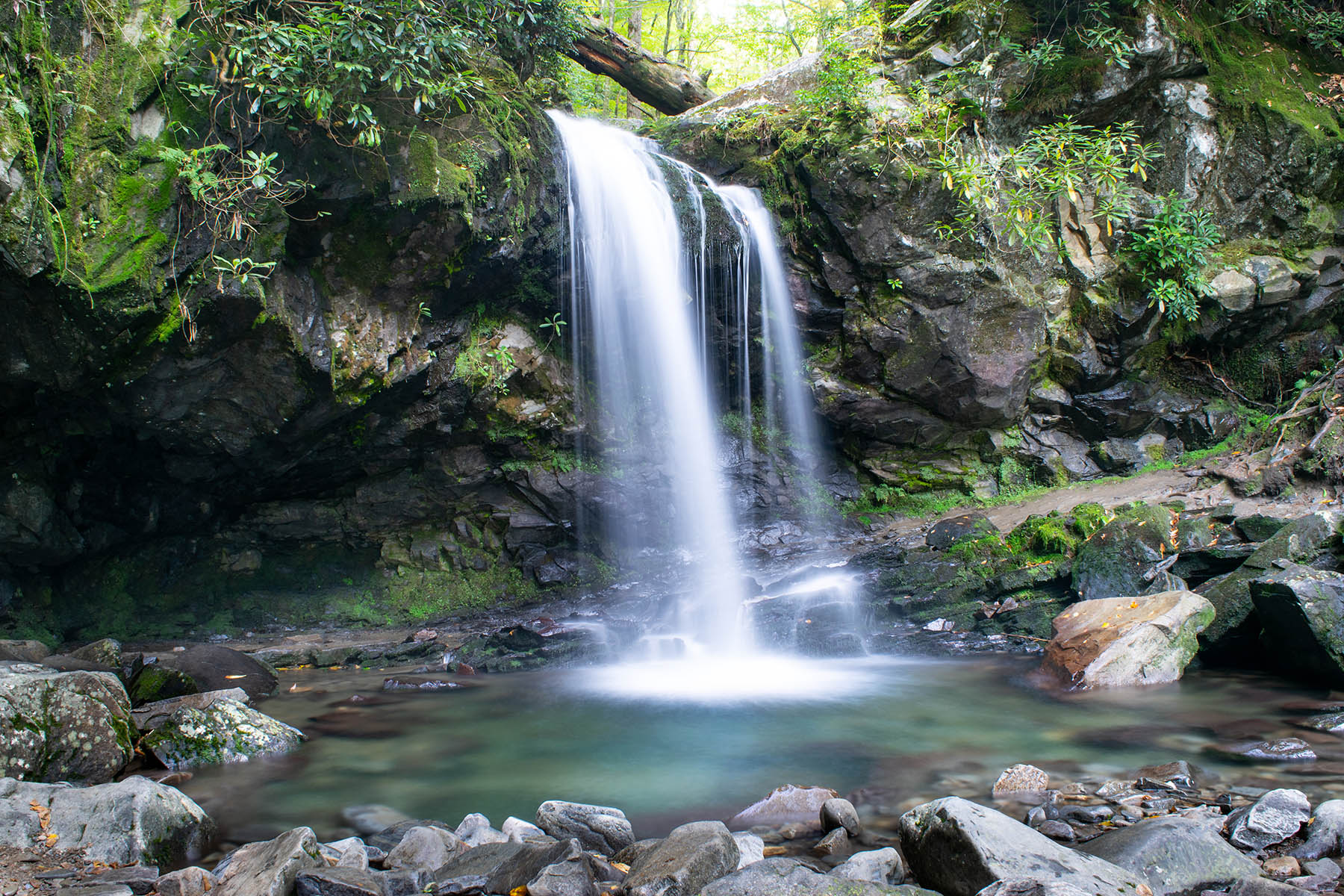

Share This Page